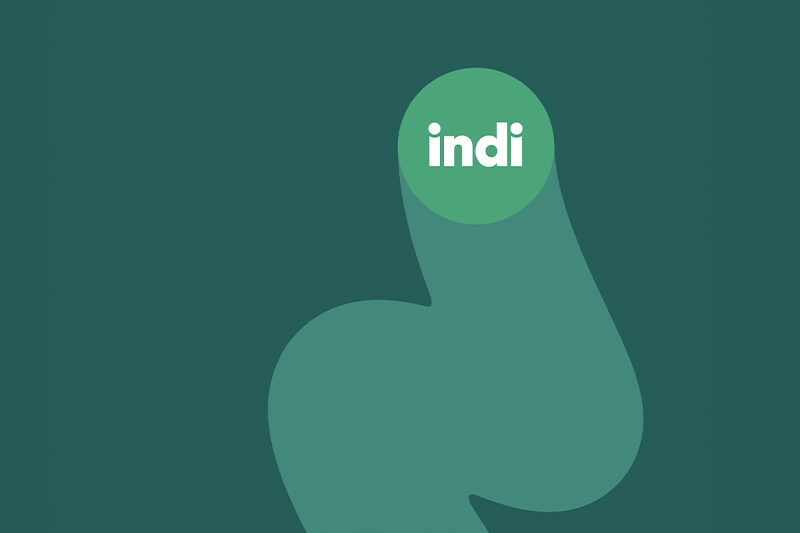A new fintech is offering residential floating mortgages funded by KiwiSaver scheme Generate at rates well below the major banks.
Indi (The Independent Mortgage Company) is offering a floating rate of 5.19% compared to the average major bank rate of 6.46%.
Generate, which is providing the funding, has 165,000 KiwiSaver members, nine products and $6.6 billion under management.
Guardian Trust is also backing Indi.
KiwiSaver provider Simplicity also offers a home loan product for its members wanting to buy their first home, and it is offering a floating rate of 4.80%
Unlike the big banks, Indi offers only floating rate mortgages. It doesn’t have fixed rates, revolving credit or offset loans.
And, fellow fintech mortgage platform Dosh (which uses Westpac products), Indi does not offer any mortgage or financial advice. It says clients should seek that themselves.
Indi has been set up by two ex-Kiwibank staffers. Anand Ranchord, was previously Kiwibank innovation chief and is a board member of FinTechNZ. David Woods, is a former Kiwibank head of model development. Backing them up on the board is independent director Craig Stobo, Financial Markets Authority (FMA) and Local Government Funding Agency chairman, and a former chief executive of BT Funds Management.
On LinkedIn Ranchord says he and Woods knew there was a better way to do mortgages.
“We believe Kiwis are getting a raw deal from the big banks, and we set out to challenge this model. Cutting out all the big bank fat, especially when it comes to mortgages, lets us offer the best floating rate that will save money and feel like a breath of fresh air.”
On it’s just established website, Indi says its philosophy is to have a floating rate at least 0.20% cheaper than the big bank fixed rates over the next year on average.
The mortgage company says the major banks’ floating rates are usually at least 1.50% higher than their fixed rates.
“Kiwis have grown up with this and think that that floating rates must be more expensive to the bank and they have to pass that cost on.
“That’s completely wrong. There is actually no reason why the major banks’ floating rates are so much higher than their fixed rates.
Institutional funding
Indi says it can offer the cheaper floating rates even though it doesn’t have access to what it calls the major banks’ “cheap deposits” drawn from the bank accounts of everyday Kiwis.
By offering the service of operating bank accounts, banks feel entitled to use the money for lending without paying their customers a high interest rate on it.
Indi gets its funding from institutions that definitely want a reasonable interest rate for it, resulting in a higher cost for funds than the big banks have.
However, the tables are turned for the other parts of the equation, Indi says.
First, it has much lower operational costs than the big banks, which are notoriously inefficient. Second, Indi requires a much lower profit than the big banks, which are among the most profitable in the world, with the profits siphoned off to their Australian owners.
“So, although Indi isn’t a bank, we have lower profit requirements and lower costs,” Ranchord and Woods say.
Direct, online mortgages save time and money, Ranchord and Woods say. “No big bank puffery. No big bank ads. Even no big bank buildings. All of which means no big bank waffle to deal with and no big bank overheads to pay.”
They say being independent of banks means they can think about things differently. “We can make improvements to how mortgages are done, save customers money by being digital first and by striving to make getting a mortgage less frustrating.”
Indi also has a panel of lawyers who will do the conveyancing, avoiding the need for a borrower to use their own lawyer. It covers the cost of conveyancing if a borrower uses a panel lawyer.

![[TMM Podcast] Yelsa serves up “marine reserve” of property buyers](https://www.goodreturns.co.nz/pics/mike%20harvey.jpg)



 Search
Search
